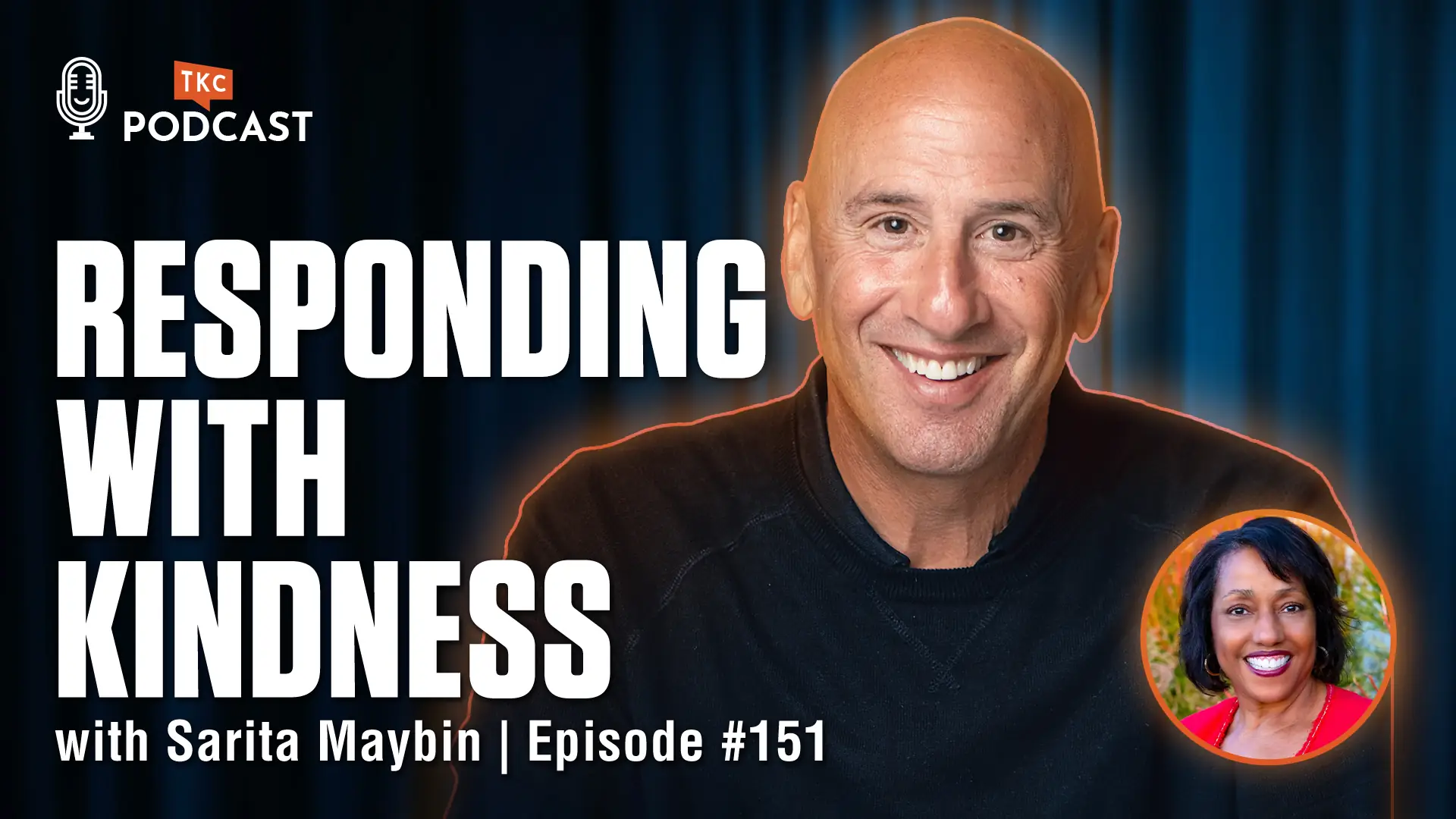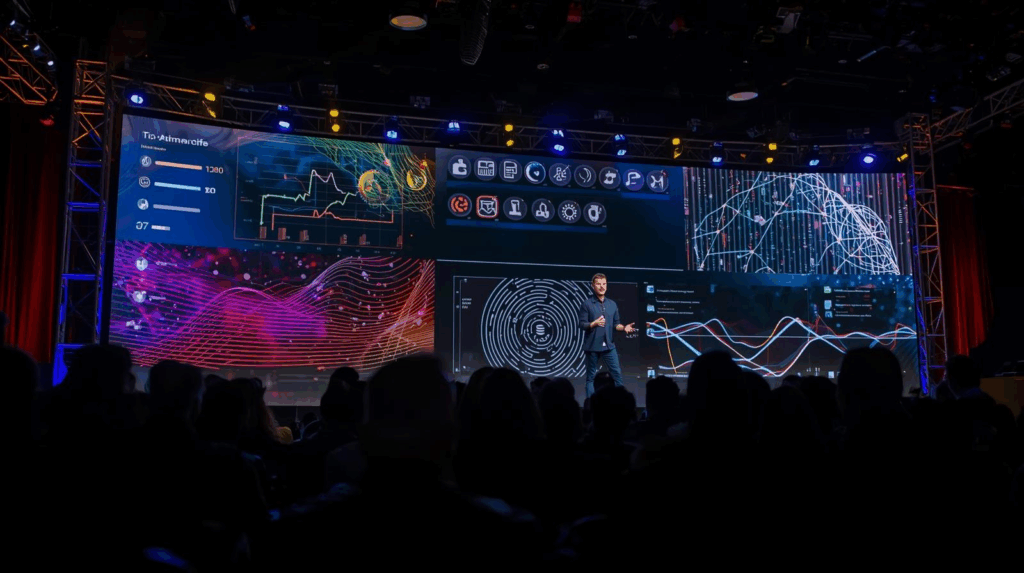
March 29, 2023The Importance of Diversity and Inclusivity in Keynote Speaker Selection
In this article, we will explore the importance of diversity and inclusivity in speaker selection, and provide tips on how event organizers can take steps to...
As our world becomes increasingly interconnected and diverse, it is more important than ever for event organizers to prioritize diversity and inclusivity in their speaker selection process. By choosing speakers who represent a range of perspectives and experiences, event organizers can create a more engaging and impactful experience for all attendees.
In this article, we will explore the importance of diversity and inclusivity in speaker selection, and provide tips on how event organizers can take steps to ensure that their speaker lineup is representative and inclusive.
Why is diversity and inclusivity important in speaker selection?
It promotes greater engagement and interest
When attendees see themselves reflected in the speakers and topics presented at an event, they are more likely to feel engaged and interested in the content being presented. A diverse speaker lineup can help to ensure that a wider range of perspectives and experiences are represented, which can make the event more engaging and relevant to attendees.
It fosters innovation and creativity
A diverse group of speakers can bring a range of different perspectives and ideas to the table, which can foster innovation and creativity. By including speakers from different backgrounds and experiences, event organizers can encourage new and innovative ways of thinking and problem-solving.
It promotes inclusivity and equity
Choosing a diverse group of speakers can help to promote inclusivity and equity, and send a message that the event is committed to creating an inclusive and welcoming environment for all attendees. This can help to build trust and foster a sense of community among attendees, which can ultimately lead to greater success and impact for the event.
It reflects the values of the organization
Choosing a diverse group of speakers can help to demonstrate that the organization values diversity and inclusivity, and is committed to promoting these values through its events and programming. This can help to build the organization’s reputation and credibility among attendees and stakeholders.
Tips for promoting diversity and inclusivity in speaker selection
Set Diversity Goals
When planning an event, it is important to set diversity goals for the speaker lineup. This can help to ensure that the speaker lineup represents a range of perspectives and experiences. For example, you may set a goal of including speakers from different ethnicities, genders, and backgrounds.
Seek Out Diverse Speakers
To ensure that your speaker lineup is diverse and inclusive, it is important to actively seek out speakers from a range of backgrounds and experiences. This may involve reaching out to speakers who are not well-known in your industry or who come from non-traditional backgrounds.
Consider Intersectionality
When selecting speakers, it is important to consider intersectionality, or the ways in which different aspects of a person’s identity intersect and affect their experiences. For example, a woman of color may have a different perspective than a white woman or a man of color. By considering intersectionality, event organizers can ensure that a range of perspectives is represented in the speaker lineup.
Avoid Tokenism
While it is important to prioritize diversity and inclusivity in speaker selection, it is also important to avoid tokenism or the practice of including one or two diverse speakers simply to meet a quota. Tokenism can be harmful and can undermine the message of inclusivity that the event is trying to promote.
Provide Support and Resources
It is important to provide support and resources to speakers to ensure that they feel comfortable and valued at the event. This may involve providing training on how to address diversity and inclusion issues or providing resources such as translation services or accommodations for people with disabilities.
Evaluate the Impact
After the event, it is important to evaluate the impact of the speaker lineup on attendees and stakeholders. This can help to identify areas for improvement and ensure that future events are even more diverse and inclusive.
Actively Seek Out Underrepresented voices
Another way to ensure diversity and inclusivity is to actively seek out underrepresented voices. This can involve reaching out to organizations or communities that represent marginalized groups and inviting them to participate in events as speakers. It can also involve seeking out lesser-known or emerging voices, who may not have as much visibility in the industry, but who can offer unique perspectives and insights.
Create a Welcoming and Inclusive Environment for All Attendees
In addition to selecting diverse speakers, it’s also important to create a welcoming and inclusive environment for all attendees. This can involve providing accommodations for individuals with disabilities, such as wheelchair accessibility and sign language interpretation. It can also involve creating a code of conduct that prohibits discrimination and harassment and enforcing it consistently throughout the event.
Top 7 Keynote Speakers to Watch in 2023: Inspiring and Impactful Voices
In conclusion, diversity and inclusivity in speaker selection is crucial for creating meaningful and impactful events. By actively seeking out diverse voices and creating inclusive environments, we can broaden perspectives, challenge assumptions, and create a more equitable and just society. As meeting professionals, we have the power to drive change and make a positive impact on the world, and it starts with the choices we make in selecting speakers for our events.
Discover More Insights
Get in TouchContact US
Fill out the form so we can best understand your needs.
A representative from The Keynote Curators will reach out to you.








